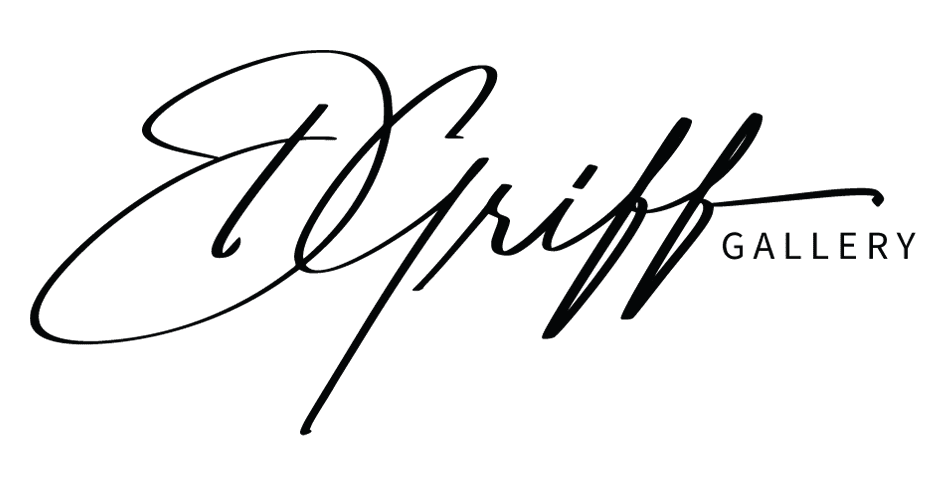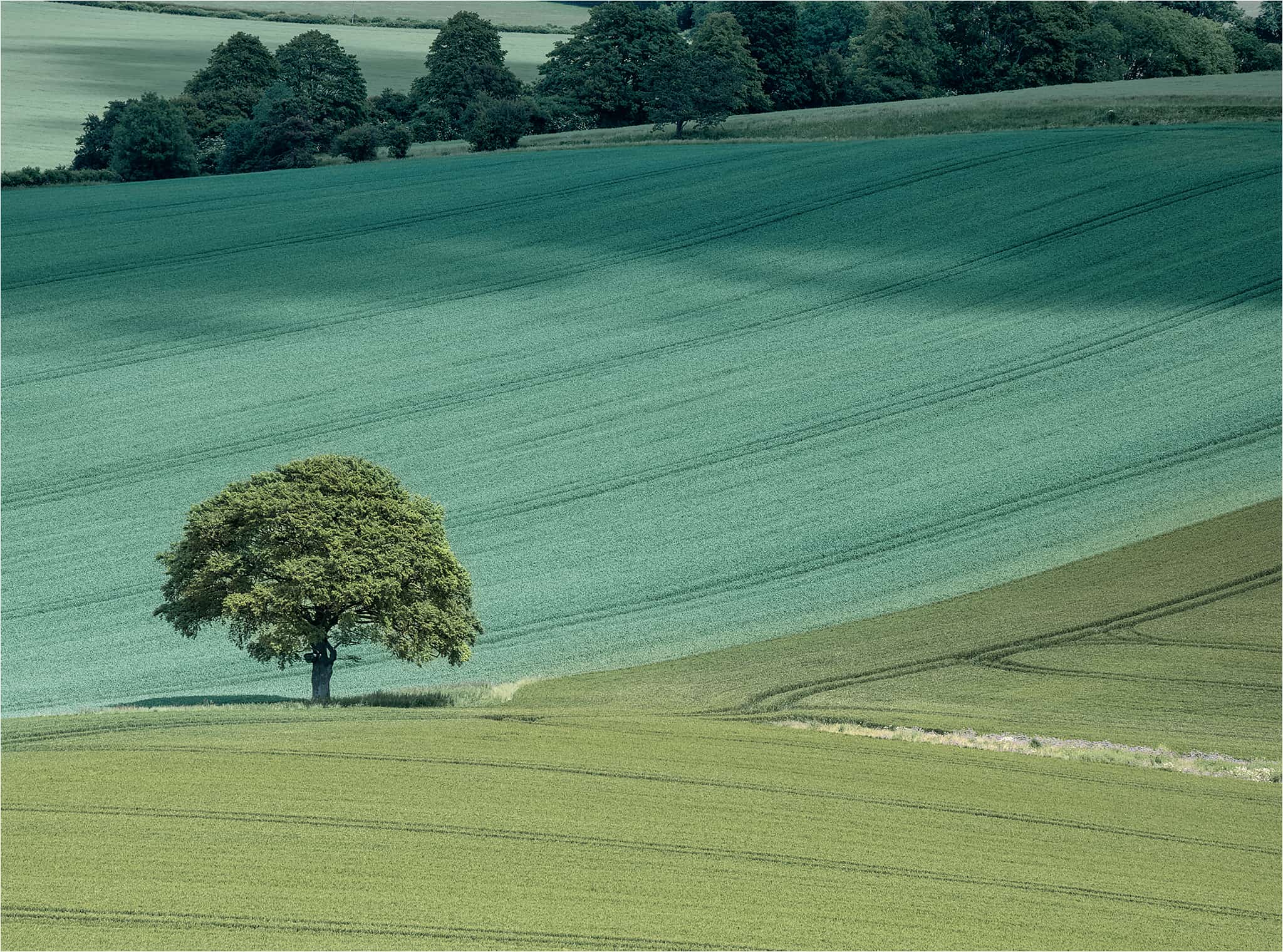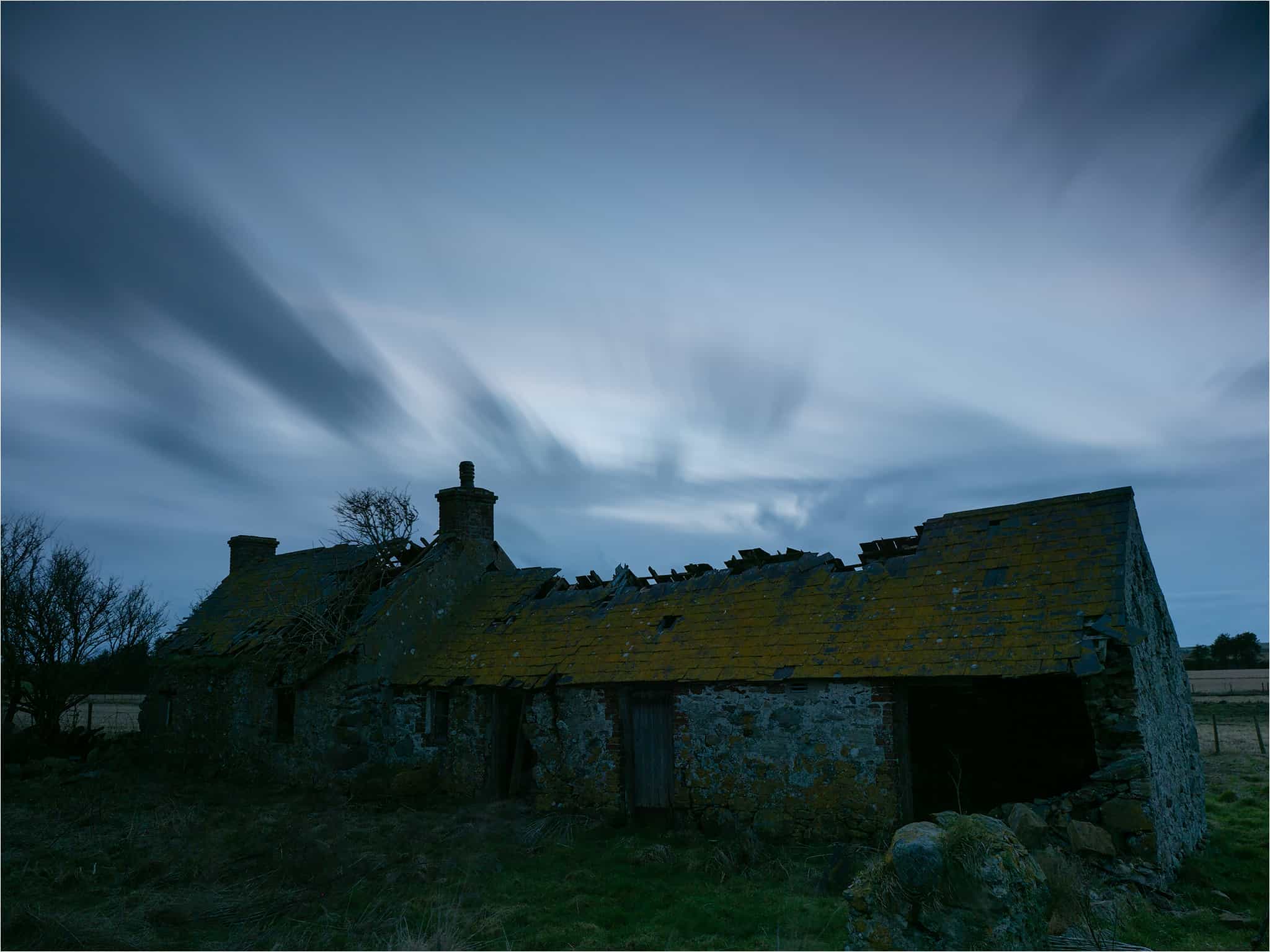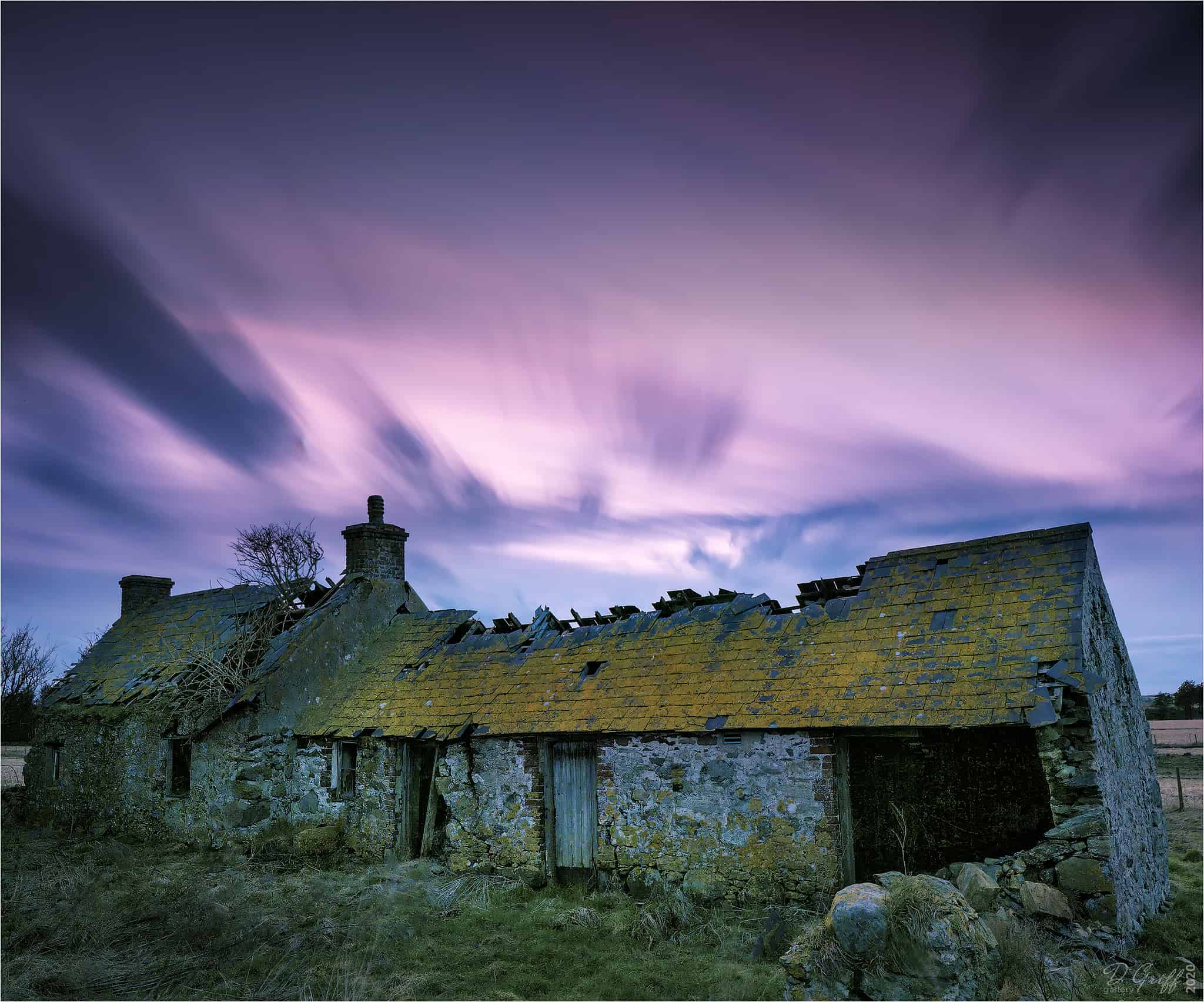“Subjectivity”. It’s quite a useful concept. And I would argue it is, paradoxically, the refuge of mediocrity at the same time as being a fundamental right of anyone who enjoys any sort of creative pursuit.
It’s a word much bandied about in many a photographic discussion. A word which, when dropped into a conversation, often elicits an internal monologue response of: “yes, I’m well aware of that”. And an imperceptible and involuntary mental bracing for what’s to come! As it’s frequently followed by polemic on the virtues of a particular image, process, or photographic approach on which the user is holding forth! Hoping use of the word will pre-emptively deflect potential dissent. Probably because without wielding the “shield of subjectivity” their argument might be too easily countered!
“I’m about to say something either controversial, or about which I have little knowledge, but prefacing it with the word ‘subjective’ will make it more difficult for you to argue against me. Here goes …”
I’m sure you’ve been there as often as I have! Faced with someone using it as a handy line of defence.
Let me start by taking the position that I firmly consider all photography to be art. Whether or not journalistic, of record, or even of a cheeseburger sitting behind an acne-ridden and less than enthusiastic teenager, checking if you want fries with that. That’s my fundamental premise; that in making a photograph, in any context, one is creating art.
Now it’s hard to deny the strength of the argument that “art is subjective”. Indeed, it’s an argument which I’ve made most assertively many times. But at this point it is necessary to acknowledge that there’s a divergence between personal creativity, and any commercial imperative. Turning the cheeseburger into a high contrast black-and-white image will probably leave you looking for a new client for your photographic business. Because Lardburger will probably be looking elsewhere for their promo images. Similarly, a gritty and powerful image from a war-torn Middle Eastern city, processed with 100% saturation before being run through a filter to posterise it, is unlikely to attract the attention of the Sunday Times picture editor for the right reasons.
So even though the output in both of these contexts can still be subjective, and is most certainly art, there are still some acceptable constraints to be applied.
But the other divergent pathway for photography, and clearly the one I’m addressing, is that your personal creativity is entirely a matter for yourself. The old adage about making photographs for your own pleasure is in this context, as far as I’m concerned, sacrosanct. When you have created something that you are 100% happy with, feeling content and rewarded, your photography has entirely delivered its promise to you.
But is it possible that “subjective” is in danger of being overused? Consider …
You felt compelled to equip yourself with hardware and knowledge. You constructed an image from electrons and shaped it to your will. The result being something which you have sat back and admired, and felt good about. And right there, as a photographer you’re in the equivalent moment of a golfer hitting a hole-in-one, an angler landing that elusive catch. In this moment your pastime has provided you with its promised fulfilment. Your subjectivity has been made manifest.
And yet…
What happens when you post it to social media, and the tumbleweed starts a-rolling? Or perhaps you take a chance on entering a competition of some sort. And it disappears into a void of silence?
Or worse, you enter it into a competition which has open judging such as a camera club environment. The critique in front of the room may be anonymous, but I have personally witnessed the cringing of enthusiastic amateurs as their efforts are shredded publicly. Body language being the equivalent of a great big neon arrow above the head of somebody who’s subjectivity is being torn up in front of them.
You see, no matter the extent to which we cling to the life raft of subjectivity, in whatever creative or artistic pursuit, there are still ground rules for work to be publicly acceptable. It’s a brave (read: trail-blazing and probably impecunious) artist or photographer who creates a body of work with no reference whatsoever to the generally accepted framework of guidelines into which subjectivity is wrangled and mangled.
A friend and colleague recently cited the progression of Picasso’s work from Realist to Cubist (explorediscovershoot.com) as an example of subjective interpretation. As a Realist he was certainly an extremely competent exponent. But to me, his Cubism was no more than pretentious drivel, enthused over by people who wanted to appear more intellectual and academic than the rest of the world who simply “didn’t get it”. My argument is that this is a case of “the emperors new clothes”! To me, all abstract work including photography is lazy and talentless garbage. But what do I know? It’s just my personal taste, which is, guess what … subjective! Or perhaps, as those in the know would have it, I am insufficiently intellectual or academic.
But I have two counter-arguments to present:
The first is in the form of a thought experiment which I would sincerely love to emulate for real one day, but is impractical for a host of reasons. But try to follow me on this. We are going to need 10 landscape photographers and 100 non-photographers, by which I mean people that simply point their smartphones at their lunch and share on Instagram. I’d have the 10 photographers make a photograph of the same scene, at the same time under the same conditions. I don’t care what the scene is, but let’s say it’s pretty generic, nothing dramatic or exceptional. Some fields, woodland, whatever, doesn’t matter. The key thing will be that one of the photographers is (enter the name of your favourite photographer here) the other 9 are our control subjects, reasonably competent, certainly more experienced than complete beginners, but by any measure not as well recognised as (enter the name etc …)
All 10 images are printed and displayed alongside each other in a completely random order on a gallery wall. The 100 non-photographer observers are balloted secretly on which they prefer. Let’s take a guess on what we think the outcome will be. Is it a fair and reasonable assumption that our favourite photographer is likely to win the ballot? It may not be by much, or it may be by a landslide, but would that be the likely outcome? And if we added in a higher degree of averaging, let’s say we repeated the experiment 10 times it may be that on one or two occasions our favourite photographer doesn’t win the ballot, but averaging across 10 competitions even allowing for a small degree variance the outcome is relatively predictable.
So there is clearly something at work here. Which is tending towards, shhh, whisper it… objectivity!
Oh how I’d like to carry this experiment out for real.
And my final argument? Simply this. Just about every photographer I know is actively seeking to improve. However you define the word “improve”, however subjective that improvement might be, most photographers who have been doing it for some time will accept they’ve improved to some degree. And they seek to improve further as time goes by. And yet, by definition, subjectivity cannot be measured, so how come we’re all constantly measuring our progress?
All I am saying in this tortuously long-winded way, is that personal subjectivity is most certainly an entirely valid concept and right. Your “art” is exactly that, and should always remain so. However, if you are to gain wider recognition it’s unlikely to be outside a broad framework of guidelines and accepted practices. And even if you wish to disregard them entirely, they are worth understanding, as they will most certainly assist you reaching the point where your pastime provides you with its promised fulfilment.
And if this all seems a bit much, there’s always golf or angling!










